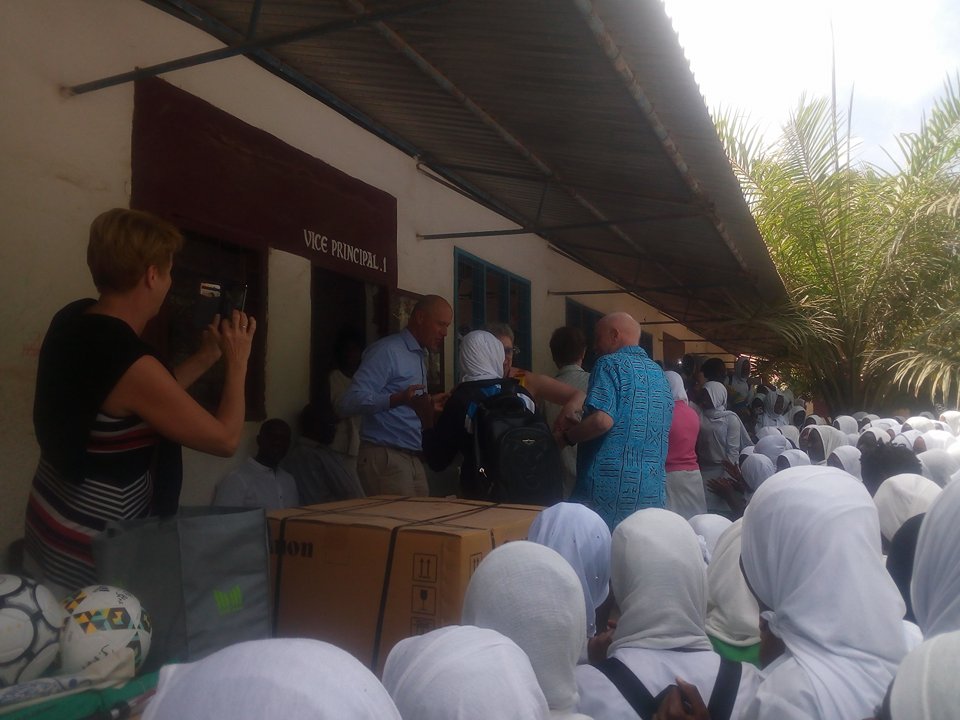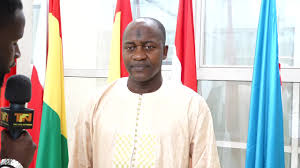By: Aminata AP Ceesay
The National Environment Agency (NEA) in collaboration with GEF 6-Land/Seascape Planning and Ecosystem Restoration Project on Wednesday opened a two-day Symposium and working session for women across the country.
The forum was held under the theme: Women as Stewards of Nature: Unlocking Their Potential in Natural Resources Management.
The forum aims to raise awareness about the importance of women’s participation in integrated natural resource management in The Gambia and identify the main barriers that prevent women from participating in natural resources management.
In his opening statement, Ngagga Touray,
the Executive Director of the National Environment Agency said it is expected that the positive outcomes of the forum will provide significant input to the mid-term review process of the current ANR policy, to increase women’s participation in natural resources management at all levels.
“Women play a critical role in managing natural resources at family and community level, and yet they are the most affected by environmental change. Also, they face several barriers that limit their participation in natural resource governance,” Touray disclosed.
The forum, he said, is a manifestation of the Gambia government’s commitment to bring on board women’s perspectives to sustainable development through engagement for awareness and capacity building.
Speaking on behalf of the Minister of Environment, Abubacarr Z Jallow acknowledged the challenges and successes of women who are the backbone of society and stewards of natural resources. Noting further that the government is aware that women are amongst the most vulnerable to the impact of environmental degradation, climate change.
He added that they can be essential actors in managing, and conserving natural resources as they play a critical role in sustaining the landscapes and seascapes, promoting food security, providing water, and mitigating climate change through carbon sequestration.
“Despite the profound role women play, they still face significant barriers to effectively participating in natural resources management. These barriers are cultural, educational, and economic and they limit their ability to effectively contribute to the achievement of sustainable development.
On her part, the Minister of Women, Children, and Social Welfare, Fatou Kinteh, said “Women depend on and are direct users and stewards of natural resources, and in areas such as energy and food systems, women farm and produce most of the world’s food supply. Yet, they own less than 20% of the world’s land, lack equal rights to own land in more than 90 countries, and commonly face more barriers than men.
The climate crisis, she said is not gender neutral, noting women and girls experience the greatest impacts of climate change, which amplifies existing gender inequalities and poses unique threats to their livelihood, health, and safety.
“Women’s need roles and leadership have historically been unrecognized and undervalued, and persistent social and economic inequalities between men and women hold back today’s prospects for sustainable development and sound environmental management,” she said.





